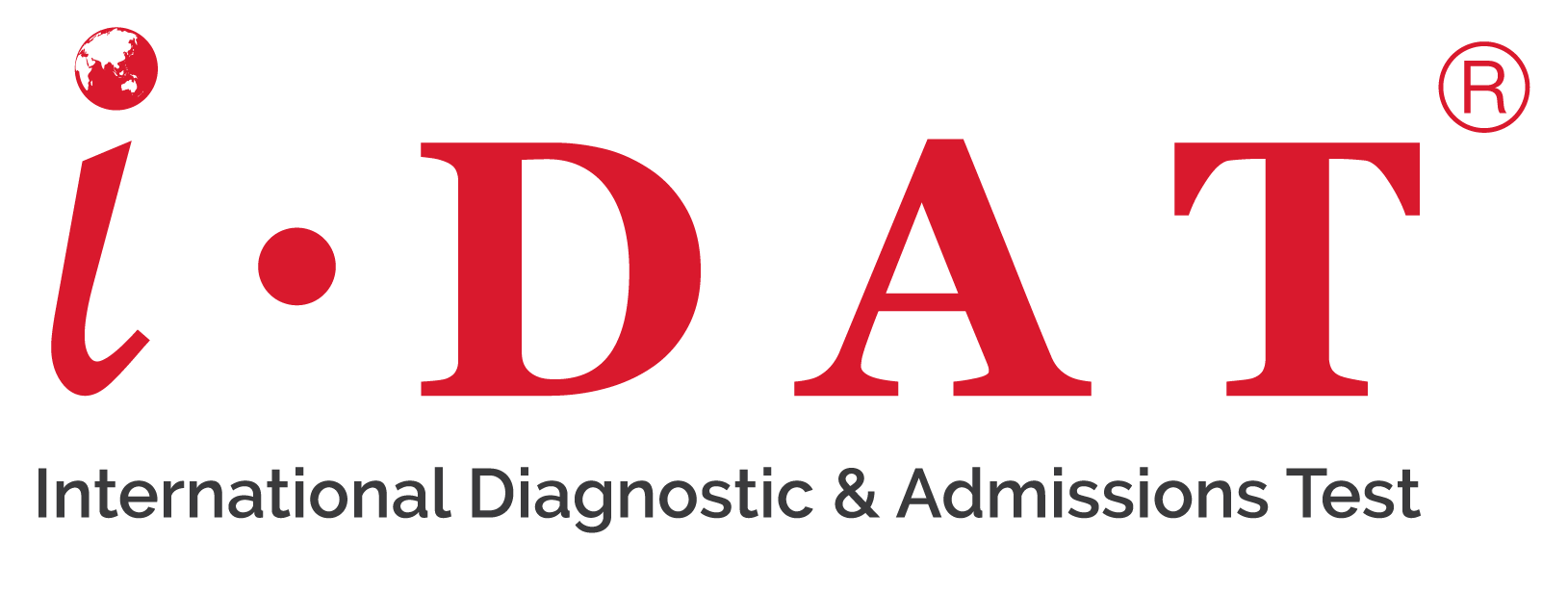| IDAT is pleased to announce some exciting changes to our Global Knowledge testing, effective from January 1, 2022. From 2022 onwards, IDAT will no longer be testing History and Geography in its global knowledge section of the test. Hereafter, the Global Knowledge portion of the test will contain 3 sections; Logic, Science, and Technology. These changes are in line with global and stakeholder responses from those using the IDAT. The changes to the test have come as a direct result of feedback from our stakeholders and global trends and research. The social sciences and humanities are very important, but they are difficult to test and value accurately based on international curricula. While the International Baccalaureate teaches world history and geography, their curricula is based on a comparative, multi-perspective approach to history and geographically global issues, such as poverty, sustainability and climate change. It considers examples and detailed case studies at a variety of scales, from local to regional, national and international.[i] The other 4 major global curricula used as a base for the IDAT’s curriculum (US Common Core, UK National Curriculum, Ontario Curriculum and the ACARA) vary greatly. The US Common Core does not address the humanities as a national set of standards and other countries have very locally based curricula, particularly at the primary level. There are also political and cultural sensitivities which make testing these areas difficult on a global scale. Overall, it is not easy to align curricula and accurately test students internationally. The overwhelming feedback from IDAT test users and stakeholders, was that the Geography and History testing had minimal use for them in terms of determining suitability of applicants for entry to schools. Science, Technology, Engineering and Mathematics (STEM) Education is an area receiving increased attention by societal stakeholders.[ii] There has been a global turn to STEM that is clearly evident in government efforts worldwide to elaborate STEM policy governing school science and mathematics, and tertiary level education and research in the STEM disciplines.[iii] Studies done to examine the feasibility of a truly global curriculum have concluded that science, math and technology are the only reasonable items that could be considered for a global curriculum due to cultural practices in education.[iv] IDAT has long had a global IDAT mathematics curricula based on a cross-mapping of the 4 major global curricula aforementioned. Now, IDAT is pleased to announce global curricula for science and technology. The logic, science and technology curricula are now available on the IDAT website, and our students and schools are encouraged to look at and review the outcomes, which will be tested. As before, there will be topics that are changed every 4 months in line with the curricula for Science and Technology. There will be study sheets available on the website for review and study for students preparing for the test. As the IDAT is updated every 4 months, this information will be constantly updated. IDAT is excited to be updating our test to meet global needs and trends of top schools around the world. Please contact us if you would like to know more. [i] https://www.ibo.org/programmes/diploma-programme/curriculum/individuals-and-societies/geography/ [ii] R. Krneta, M. T. Restivo, A. Rojko, D. Urbano, “Evaluation of remote experiments by different target groups: NeReLa project case study”, in 2016 13th International Conference on Remote Engineering and Virtual Instrumentation (REV), pp. 326-331, IEEE, 2016. [iii] Freeman, Brigid, Marginson, Simon and Tytler, Russell 2019, An international view of STEM education. In Sahin, A. and Mohr-Schroeder, M. (ed), STEM education 2.0 : myths and truths–what has K-12 STEM education research taught us?, Brill, Leiden, The Netherlands, pp.350-363. [iv] Sparapani EF, Callejo Perez D, Gould J, Hillman S, Clark L. 2014 A Global Curriculum? Understanding Teaching and Learning in the United States, Taiwan, India, and Mexico. SAGE Open. |


